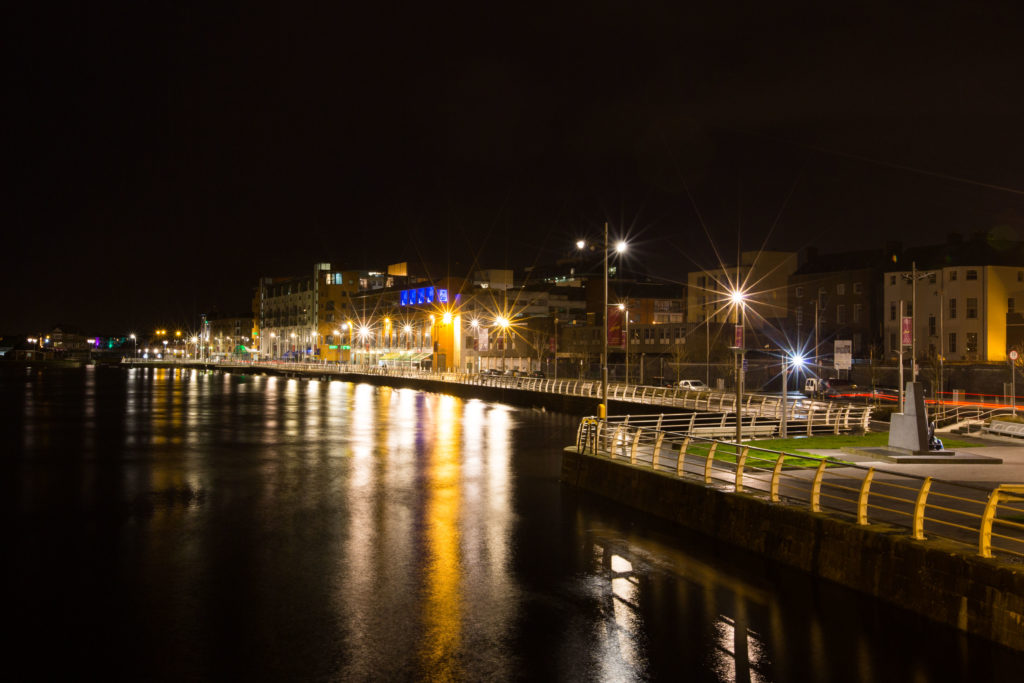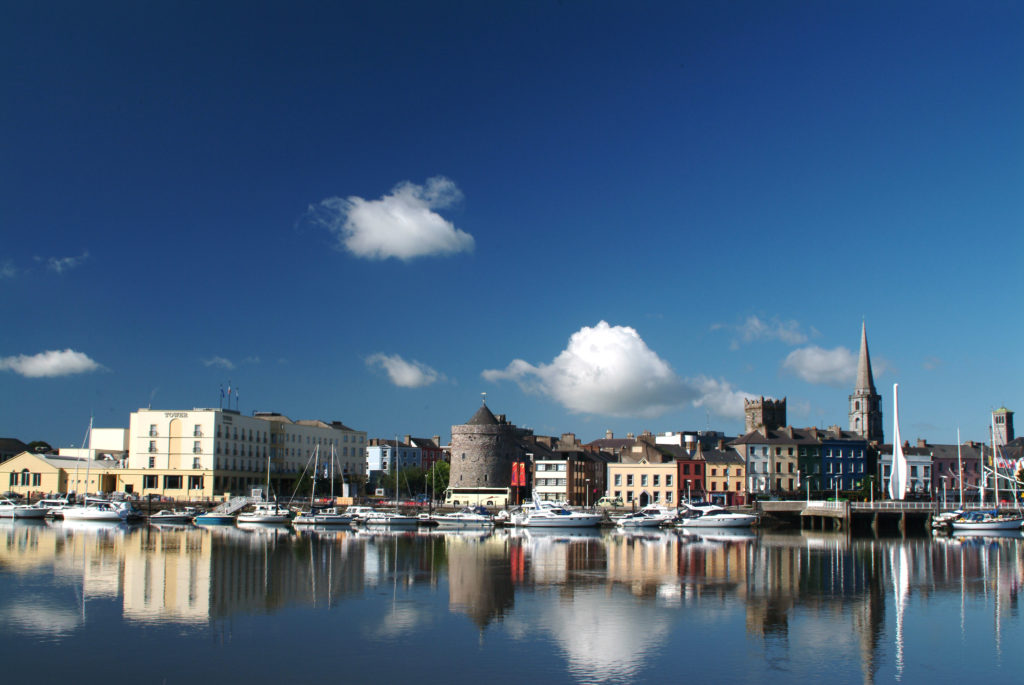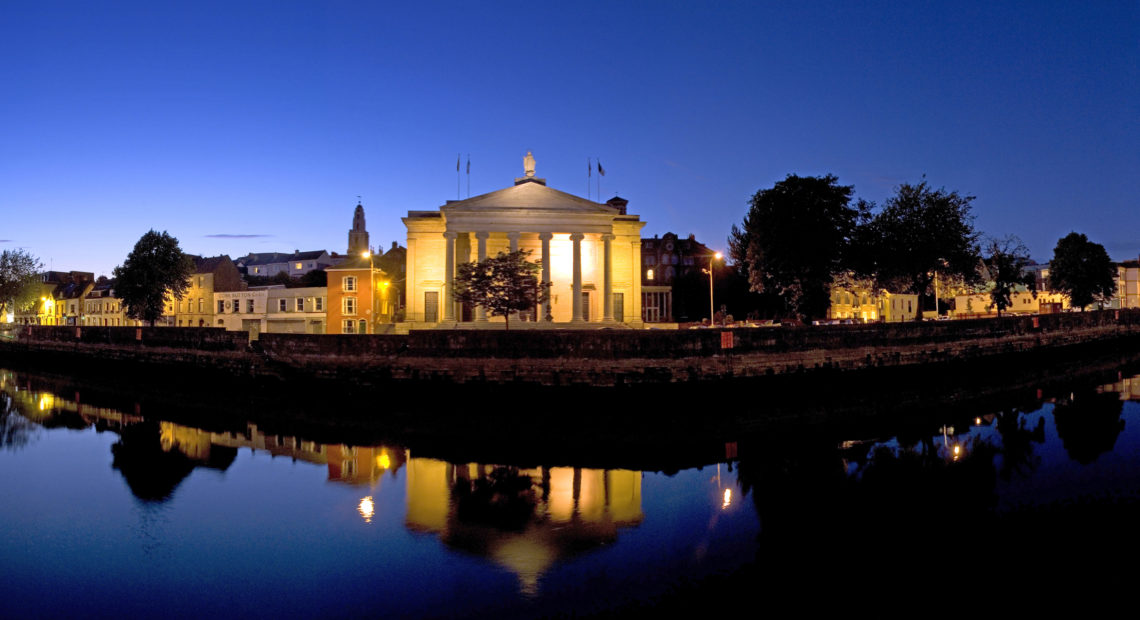The people of Cork, Waterford and Limerick will vote on whether they want a directly-elected mayor.
At the end of May, residents of the cities of Cork, Limerick and Waterford will be given the chance to have their say on whether there should be a directly-elected mayor with significant powers to set policies and implement changes.
On the same day as the local and European elections, and the divorce referendum, locals in these areas will also vote on a plebiscite on the mayor issue.
However, with just under eight weeks to go until the elections, there are concerns that while there may be value in the idea of having a directly-elected mayor in these cities, there is a lack of clarity over what’s been outlined so far by government.
The powers of the directly elected mayors involves a “significant transfer of powers” to the elected mayor from the council.
The newly-elected mayors, if the public decide to vote for such a change, will be able to bring forward the council budget and development plan. However, individual decisions on planning will remain with the chief executive.
According to the government, the relationship between the mayor and the council CEO would be similar to that which exists between a Secretary General of a government department and their line minister.
But, as former Cork City Lord Mayor Des Cahill told TheJournal.ie recently, that doesn’t exactly make things clearer for people.
“That would only really make sense to senior politicians. The problem at the minute is that it all sounds a little bit vague.
It’s about getting someone accountable to the people so I do think it’s a position that would be of value but there’s not enough information out there about it right now.”
In terms of accountability, there will be a recall and impeachment procedure to deal with any misconduct by a major – who’d have the same salary as a Minister of State of €129,854.
Taoiseach Leo Varadkar was pressed in the Dáil recently about the lack of information for the people of Cork, Waterford and Limerick to inform them of what’s on the table.
“I accept that we need to make sure there will be adequate information available before public go to the polls,” he said.
It’s understood that the vote will not be taken under the auspices of the referendum commission, which is obliged to distribute information to the public on any referendum taking place.
Varadkar added a public information campaign would be launched to try explain to people how the office of the directly-elected mayor would work.
Former Waterford city and county Lord Mayor Adam Wyse told TheJournal.ie it’s essential to ensure people know exactly what they’re being asked to vote on.
“It might already be too last-minute,” he said. “Turnout is usually lower for local elections anyway. We saw last year young people get very engaged with the eighth amendment referendum, which was well flagged with information provided well in advance. That’s not happening now.”
Cahill added that, from canvassing to retain his own spot on the council in the upcoming local elections, there’s a lack of understanding of the issues at play.
“I know from canvassing or knocking on doors,” he said. “I do fear there’s not enough public awareness of what it’s all about.”
How it would work
Most political parties are supportive of the idea of a directly-elected mayor in principle. The practice is common in major cities worldwide.
The likes of Labour, Sinn Féin, Fine Gael and Fianna Fáil have all called for a mayor to be given powers to effect necessary change for the people in their cities. Fine Gael Senator Jerry Buttimer remarked last year that “strategic thinking is needed to implement change” in Cork city with a mandate provided by the people.
“A mayor would have responsibility for making sure that the expanded city has the amenities and services needed, to help bring jobs and investment and to raise the standard of living,” he said.
Sinn Féin’s Eoin Ó Broin, similarly, says the party is supportive of the proposals for directly-elected mayors if the “powers, functions and costs are right”.
Wyse cited the work being done by the current CEO of Waterford city and county council Michael Walsh, and said it would need a “seriously high calibre of person” to take the reins over and handle the running of a city.
“The type of person who does this job will need to be similar to the other CEOs running the councils around the country,” the Waterford councillor said. “You’d wonder if those kinds of people would put themselves forward on the ballot.”
Former Cork Lord Mayor Cahill said that, effectively, what the person’s actual job will be is an elected chief executive to handle various aspects of the council, while the actual chief executive handles the rest.
“And we’ll call that the mayor,” he said.
Wyse agreed, and said that it would in effect be “double-jobbing” by having two similar roles, where one was directly elected and accountable to the people.
But not Dublin?
Dublin is not going to be given the option for a directly-elected mayor anytime soon, despite a large volume of calls from the parties to do so.
Green Party councillor Ciarán Cuffe said that cutting the “red tape and bureaucracy of the Customs House” will help to alleviate progress being stifled in the capital.
“Currently all significant proposals for tackling Dublin’s difficulties require sign-off from Ministers who don’t understand the reality of life in the capital,” he said.
This won’t be happening anytime soon, though, with the Taoiseach remarking: “Dublin is going to take a little bit more work given the fact there are four local authorities involved.”
Within Dublin, there are Fingal County Council, Dun Laoghaire Rathdown County Council, South Dublin County Council and Dublin City Council.
Getting the councillors from across the four districts to agree to have a directly-elected mayor came very, very close on one occasion before.
In 2014, every council but one voted by a large majority in favour of a directly-elected mayor.
Only Fingal County Council held out, effectively ruling out a plebiscite for Dubliners on if they wanted a mayor.
The move was met with consternation from councillors, with former Dublin City Lord Mayor Christy Burke calling it “unfair, regrettable and undemocratic”.
He said:
“The majority speaks in every other rule of law for government decisions, so why does the majority not speak here? I just think it’s a missed opportunity. The only democratic way to elect a mayor is by the people, let the people speak.”















